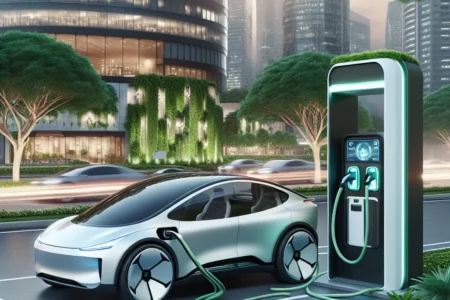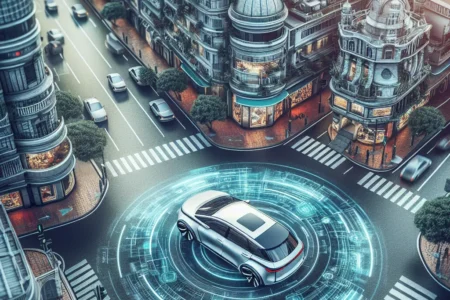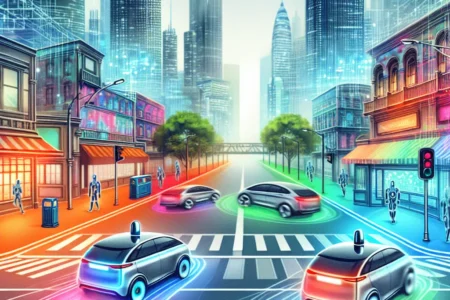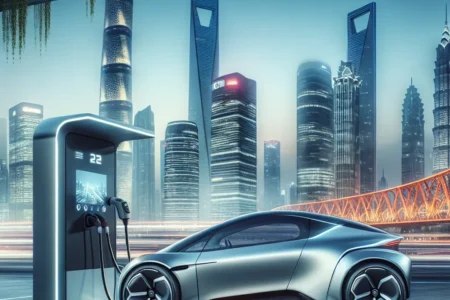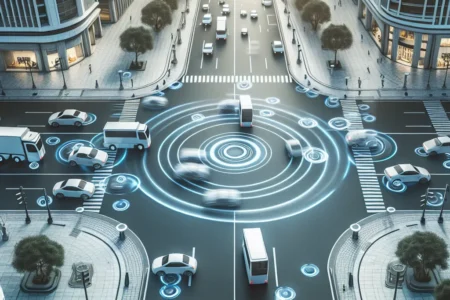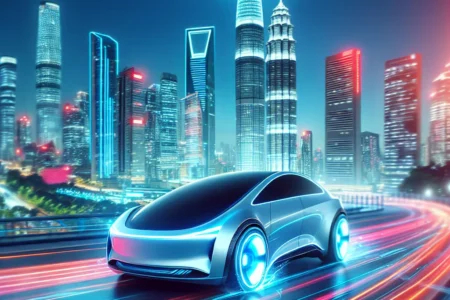W dzisiejszym świecie cyfrowym współpraca z influencerem jest kluczowym elementem skutecznej strategii marketingowej online. Znalezienie idealnego influencera do promocji marki wymaga starannej analizy i dopasowania, które powinny być oparte na selekcji związanej zarówno ze stylem marki, jak i wartościami, które chce ona promować. Współpraca z dedykowanymi platformami, takimi jak Lettly.com, stanowi skuteczny sposób na odnalezienie influencera, który ma wiarygodność w swojej dziedzinie i jest zaangażowany w promocję zgodną z koncepcją kampanii. Wybór influencera poprzez takie platformy zapewnia trafne dopasowanie do kampanii, co zwiększa szansę marki na osiągnięcie zamierzonych celów. Współpraca z idealnym influencerem może przynieść znakomite efekty w budowaniu pozytywnego wizerunku marki i zwiększaniu świadomości jej produktów czy usług, dlatego warto zdobyć wiedzę na temat tego, jak właściwie dopasować influencera do kampanii, co może być kluczowym elementem sukcesu strategii marketingu online. Zapraszam do przeczytania całości artykułu, aby dowiedzieć się więcej na temat korzyści płynących z współpracy z influencerem.

